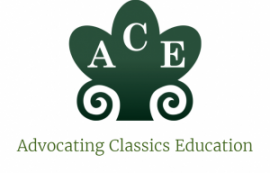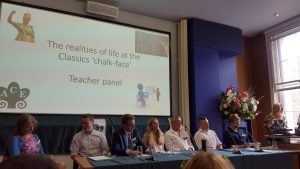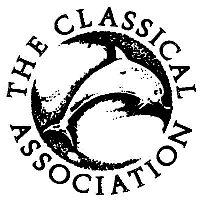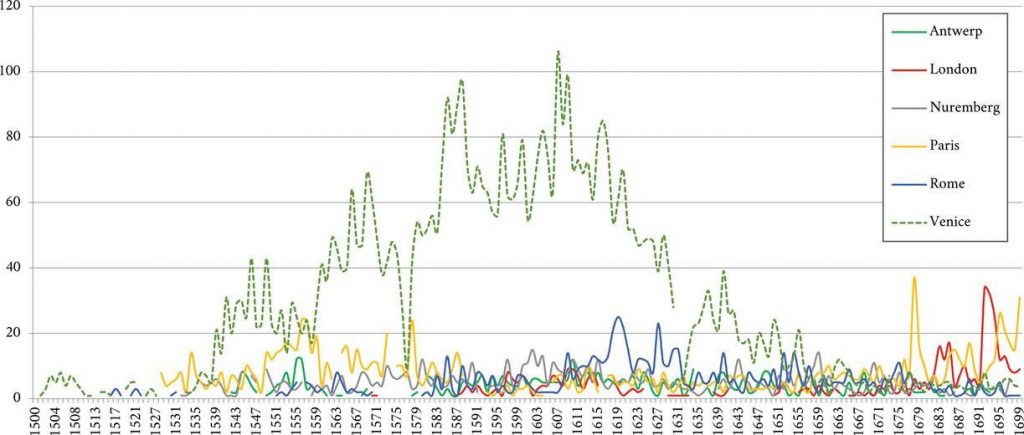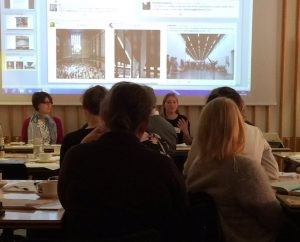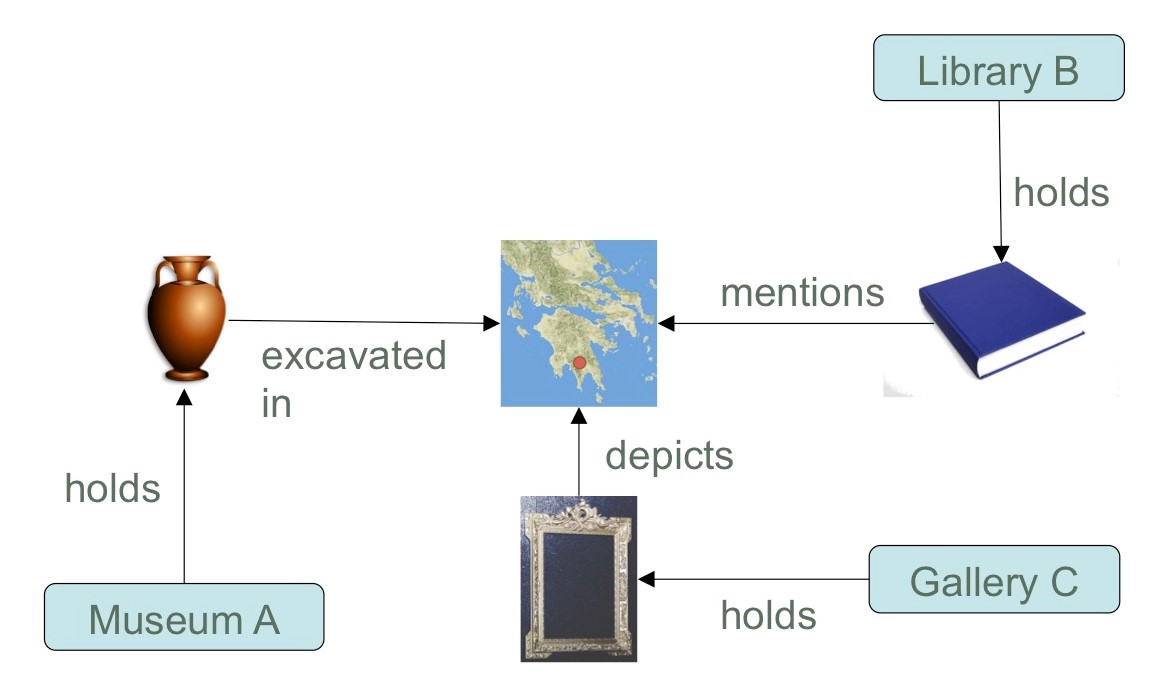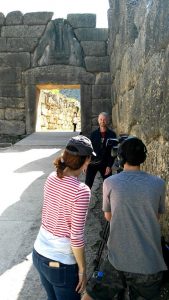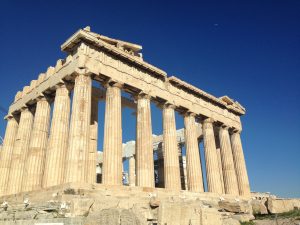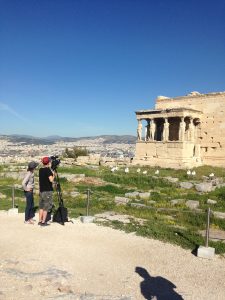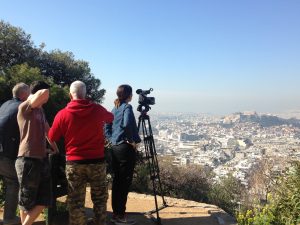Thanks to the generosity of the A.G. Leventis Foundation, we are delighted to offer three fully-funded studentships for UK students to study our MA in Classical Studies. These are open to candidates who meet one or both of the following criteria:
- Teachers working in state-funded schools or sixth form colleges in the UK, and who intend to introduce or develop the provision of classical subjects in their school
- Students from a Black, Asian or Minority Ethnic background
Please see below for details and get in touch with us if you have any questions.
The Open University’s MA in Classical Studies
The MA in Classical Studies at the Open University provides you with the opportunity to discover what it means to do Classical Studies in the twenty-first century. You’ll investigate a range of ancient and contemporary ideas about the Greek and Roman worlds through encounters with literary texts, languages, classical mythology, historical sources and archaeological remains, and their ongoing significance for later periods, places, cultures and creative practices. By exploring the rich and dynamic scholarly perspectives and resources that are currently available, you’ll address diverse sets of questions about the ancient world. These will enable you to develop the knowledge and skills necessary to produce an independent, extended research project on a topic of your choice. This is the ideal qualification for anyone who wants to know more about the ancient world and the ways in which we can approach it as researchers. It also offers an excellent starting point for those wishing to teach classical subjects in secondary school. It is a two-year qualification requiring approximately 25 hours of study time a week, which means that it can be completed alongside employment, and it is taught entirely online. No specific prior knowledge is assumed, and there is no requirement to have studied Latin or Ancient Greek, but an undergraduate degree in a cognate discipline, and/or some prior knowledge of the ancient world gained through formal or informal study is recommended. By consultation other arrangements can sometimes be made if you do not hold a degree in such a discipline. This usually involves preparatory reading. Further information about the MA is available on the OU website: https://www.open.ac.uk/postgraduate/qualifications/f59.
The Leventis studentships consist of a grant of £9,000 to cover the full cost of the tuition fees for the MA with the balance available to assist with the following:
- purchases of books or resources, or attendance at events relating to the study of the MA
- (in the case of the schoolteacher studentship holders) the acquisition of resources, including books, for teaching classical subjects in the studentship holder’s school
How to apply
To apply for a studentship, please complete the MA studentships application form and send it to [email protected].
With the form you should also send:
- a separate curriculum vitae (CV) of no more than two pages;
- a copy of your latest degree certificate and/or transcript of results achieved to date if you have not yet received your degree;
- (if you are applying as a schoolteacher) a statement from your headteacher indicating that they are willing to support your plans to the provision of classical subjects. (This need be no more than one side of A4.)
The studentships will not be awarded to students receiving full funding from other funding bodies.
It is not necessary to register for the MA degree before making this application.
Please note that in the award of the schoolteacher studentships, preference will be given to:
- teachers (broadly defined) working in schools with a high proportion of students from backgrounds which are traditionally under-represented in the teaching of classical subjects, e.g. those from a Black, Asian or Minority Ethnic background and/or where a high percentage of pupils are eligible for Free School Meals;
- individuals from backgrounds which are traditionally under-represented in the teaching of classical subjects, e.g. those from a Black, Asian or Minority Ethnic background or from a working class background.
The Open University promotes diversity in education and we welcome applications from all sections of the community. If it would help to have the application in an alternative format please contact: [email protected].
The deadline for applications is 4pm on Tuesday June 3, 2025 and we intend to inform all applicants of the outcome of their application by late June.
Informal enquiries can be made to Prof James Robson ([email protected]).
